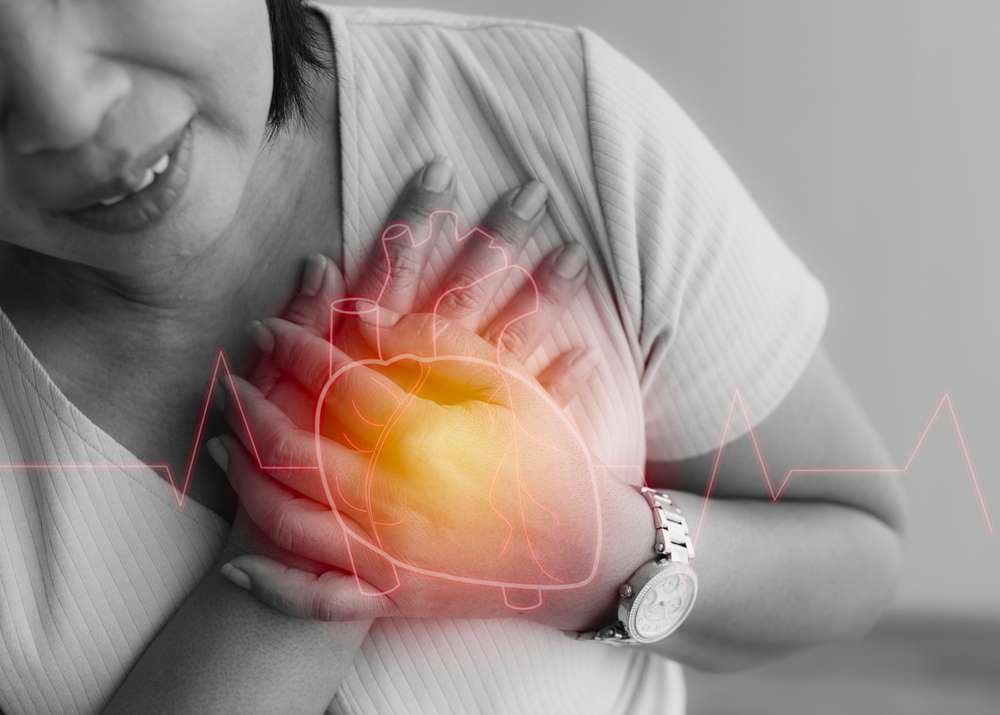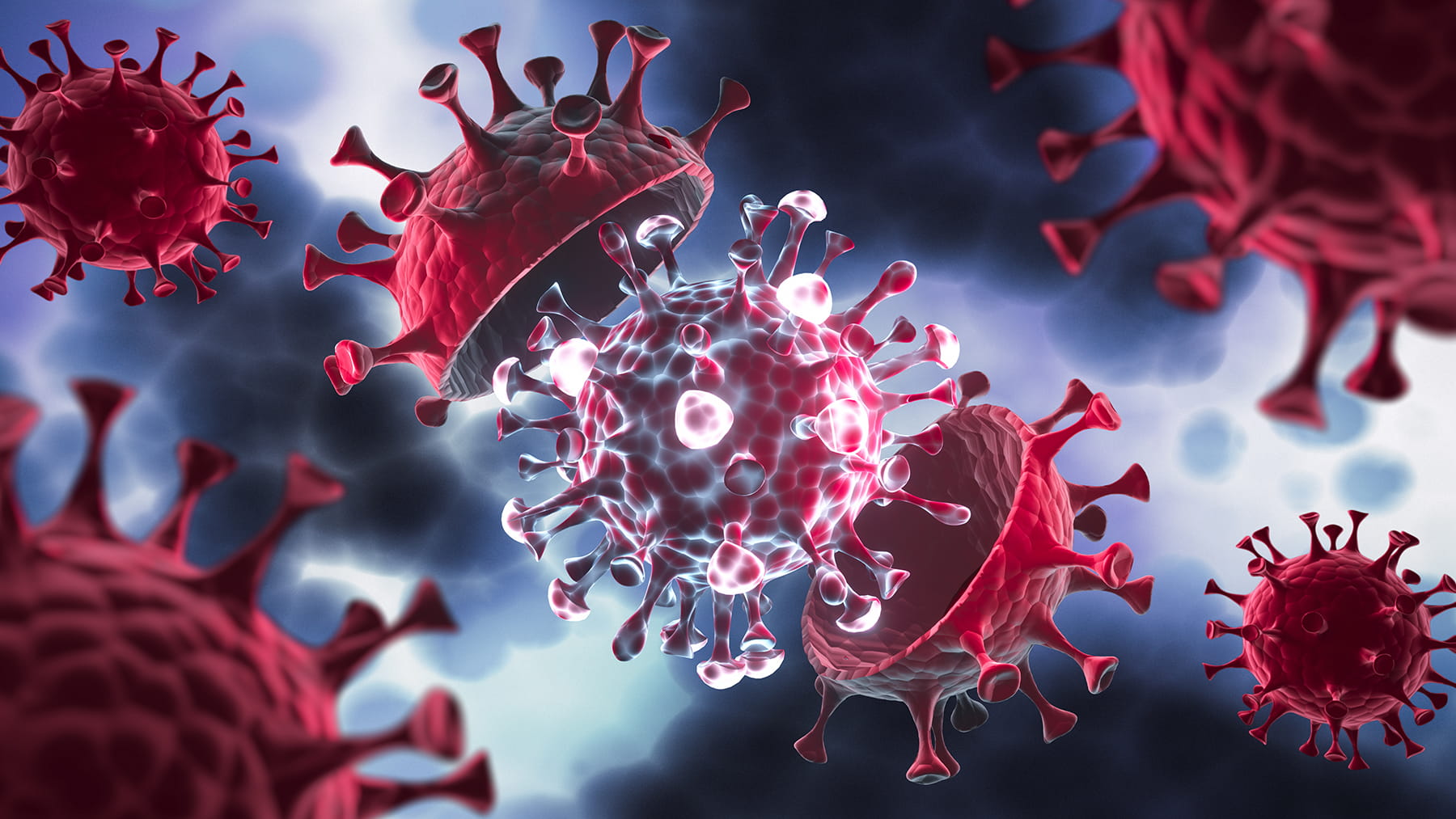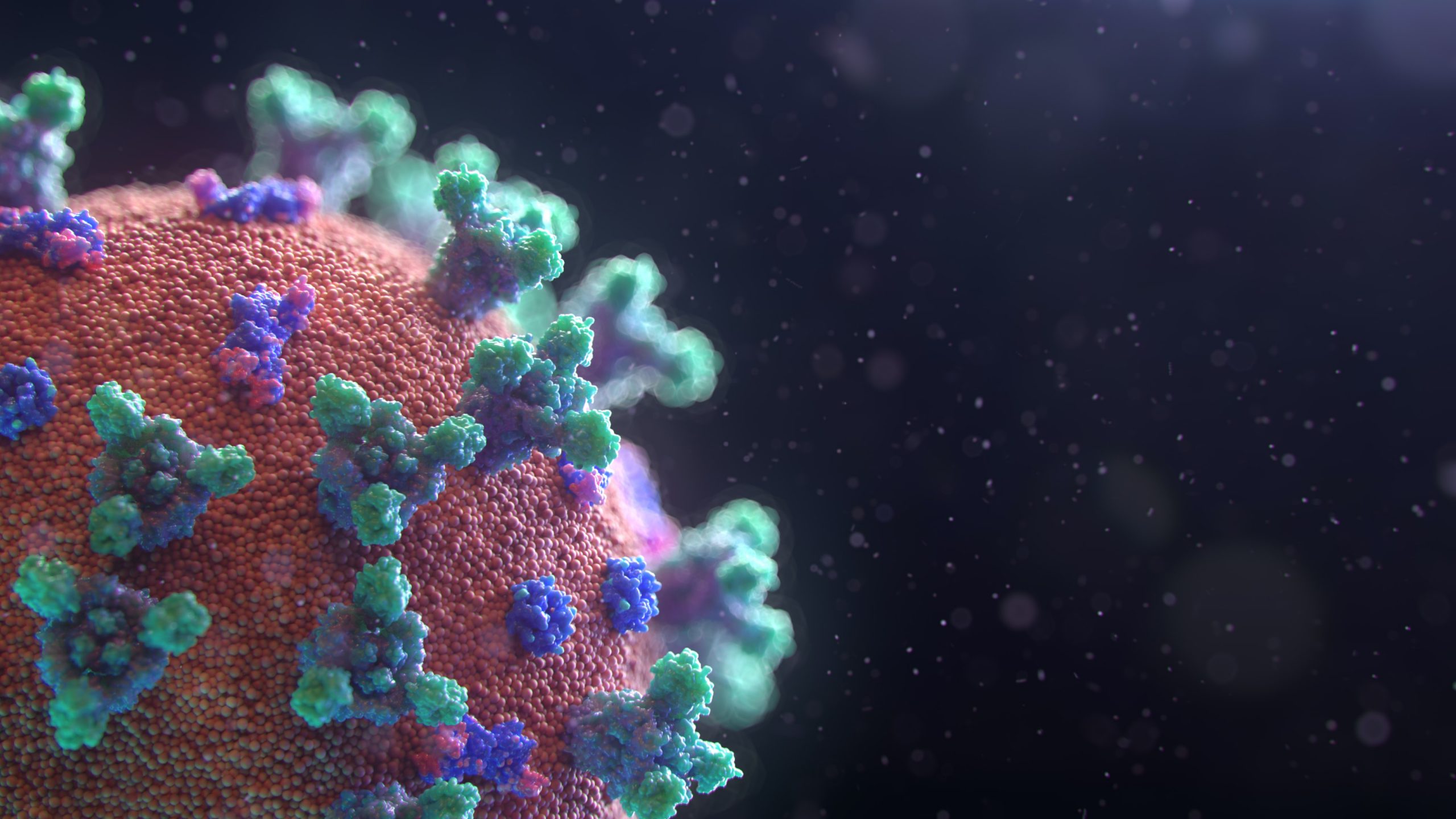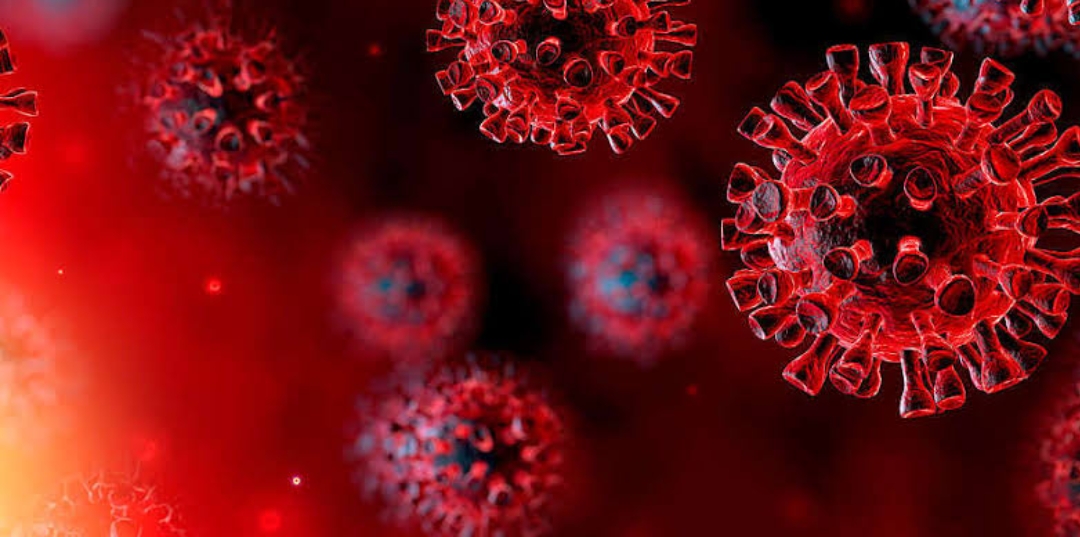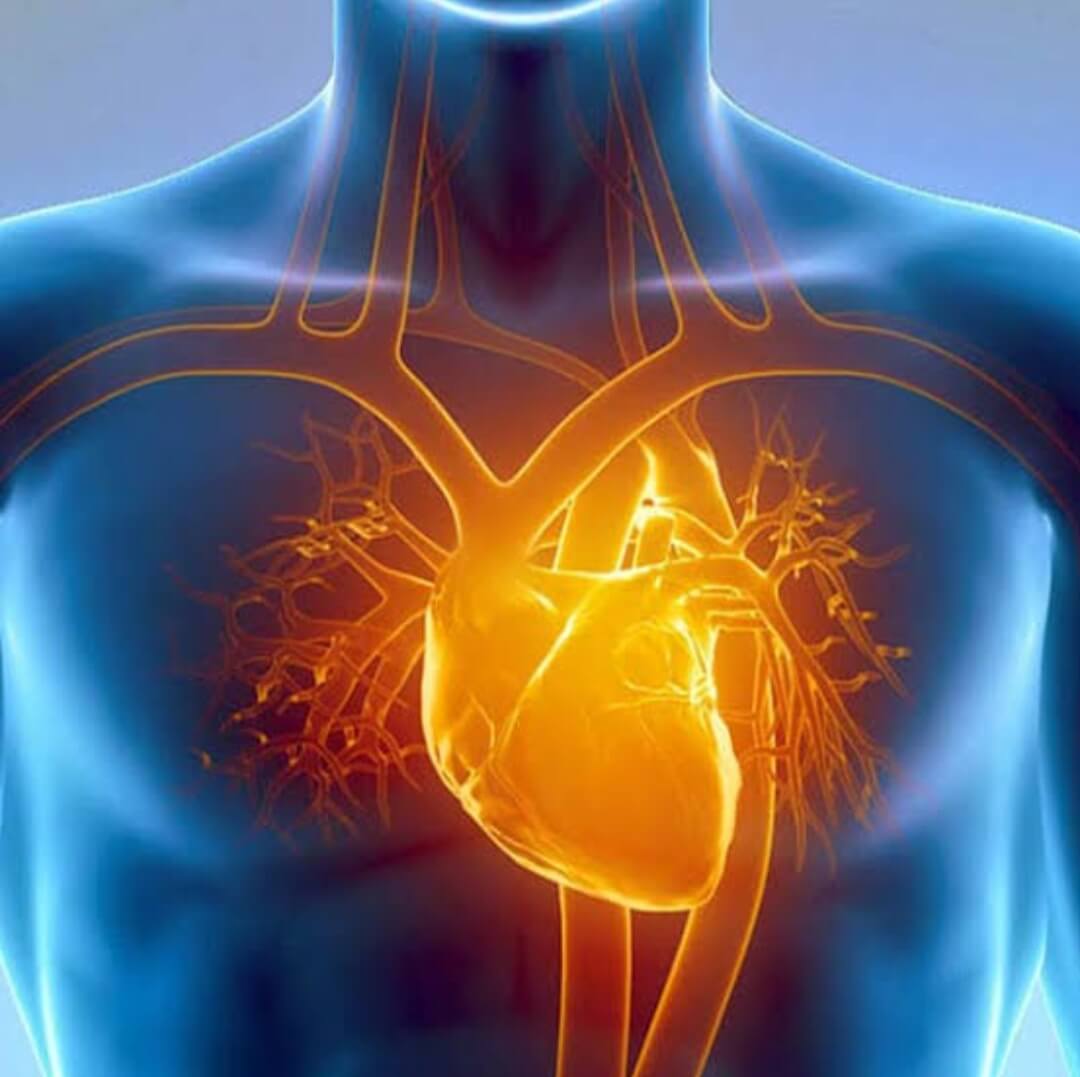
Breathlessness in patients with COVID signal heart problems
Breathlessness in patients in an unselected and consecutively hospitalized COVID19 population may signal long term heart ailments. EuroEcho is the flagship meeting of the European Association for Cardiovascular Imaging. The European Association for Cardiovascular Imaging, a subsidiary of ESC, is the world’s leading network of cardiovascular imaging experts, combining four imaging technologies into one. The main objective is to develop clinical acumen, research, technology development and education in cardiovascular imaging.
ESC brings together healthcare professionals from more than 150 countries dedicated to advancing cardiovascular medicine and helping people to be healthier and live longer.
Patients With Long COVID-19 May Have Cardiac Complications Due To Dyspnea After 1 Year:
A small study presented at EuroEcho 2021 found that hospitalized patients with COVID-19 could develop heart complications, but continued to experience shortness of breath after a year after being discharged.
Appears to be experiencing difficulties. CHU Brussels. 4,444 participants were assessed 1 year after discharge for lung function and potential consequences of COVID-19 using spirometry and chest scanners.
One year after discharge, 35% of patients experienced shortness of breath during exercise.
When examining the relationship between cardiac imaging findings and dyspnea within 1 year of discharge, age- and sex-adjusted investigators observed an independent and significant association between cardiac dysfunction and persistent dyspnea.
These findings could help explain why some patients with long-term COVID-19 continue to experience shortness of breath for up to a year after discharge. Future studies, including the effects of different options and vaccinations for COVID-19, are needed to confirm our findings on the long-term course of this disease and possible cardiac outcomes.
Breathlessness In Long Covid Patients May Signal Heart Problems: Study
A small study found that COVID-19 patients who experience shortness of breath during physical activity for a year after recovering from infection may have had heart disease. The researchers investigated whether asymptomatic heart abnormalities were more common in chronic coronavirus patients with dyspnea, potentially explaining the cause of the symptoms.
These results may help explain why some chronic coronavirus patients still have wheezing after 1 year, which may be due to decreased heart activity.
The study included 66 patients with no history of heart or lung disease who were hospitalized for Covid19 between March and April 2020.
Echocardiography was performed to study heart function and included a new imaging technique called a myocardial function that provides more accurate information about heart function than previous methods.
Because COVID-19 is a novel disease, much of the clinical course of the disease, particularly long-term health effects, if any, is unclear. Post-acute COVID-19 is defined as symptoms lasting 3 weeks or more after onset, according to the COVID Symptom Study, which found that more than 4 million people in the US, UK and Sweden developed symptoms after being diagnosed with COVID-19. disease. Symptoms and chronic COVID-19 lasting more than 12 weeks.
These combined effects could trigger a global health crisis given the sheer number of COVID-19 cases worldwide. It is essential to adopt a multidisciplinary approach with a carefully integrated research agenda in caring for this vulnerable group of patients to avoid fragmentation of the healthcare system and allow for comprehensive studies of the long-term consequences of the disease. COVID19 is about multiple organ health and it’s organ defects.
This approach will provide an opportunity to conduct effective and systematic research into therapeutic interventions to mitigate the negative impacts on the physical and mental health of breathlessness in patients recovering from COVID-19.
Longitudinal observational studies and long-term clinical trials are essential to clarify the duration and depth of health effects associated with COVID-19 and comparisons with other serious diseases.











